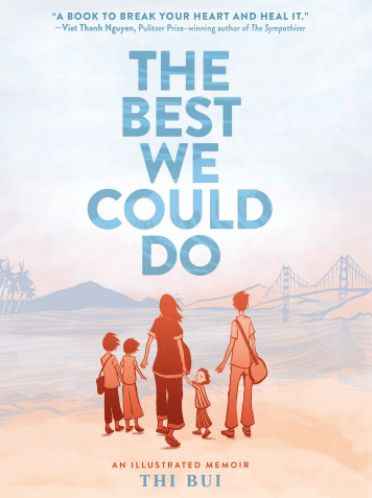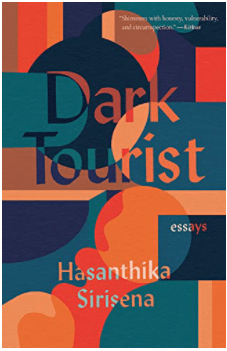From Electric Lit:
I remember traveling in the north of Sri Lanka, two years after the civil war, in areas where some of the worst fighting had taken place, and seeing yellow caution tape cordoning of large tracts of land. Signs warned in several languages of land mines. Later, I sat, safely ensconced in a Colombo café, as the leader of an NGO showed me pictures of women, protected by nothing more than plastic visors, crouched over piles of dirt and sand with implements that looked surprisingly like the kinds of rakes and hoes you find at a local Home Depot. The work clearing the land of mines, she told me, would likely take two decades.
I started working on my latest collection, Dark Tourist, after that 2011 trip as a way of exploring aftermath. Once the fighting has stopped, the ceasefire arranged, the peace treaty signed we turn our attention to the next conflict, too often ignoring the repercussions of the trauma and the attempts to heal. I wanted to explore the ways that grief both marks us and also the ways we manage to survive, to persevere, and to reckon with and make stories of our memories.
. . . .
Some of the books explore the impact of conflict on individuals who are trying to manage deep traumas. Others document the impact on generations one or two decades removed from the fighting. All the works are testament, to the need for fiction, creative nonfiction, and poetry to document and give voice long after the journalists and the NGOs decamp to other hot zones.
A Passage North by Anuk Arudpragasm
Anuk Arudpragasm’s novel A Passage North begins with an invocation to the present:
“The present, we assume is eternally before us, one of the few things in life from which we cannot be parted.”
The novel goes on to carefully unravel that opening assertion. The present of the protagonist, Krishnan, is impinged on by multiple losses: the death of his father in a bombing during the height of the civil war; the estrangement of a lover, an activist who refuses to return to Sri Lanka; the imminent death of his aging grandmother; and his duty to her former caretaker. As Krishnan undertakes the titular voyage, the novel transforms into a meditation on loss and grief and also a reckoning in the ways his sorrow often blinds all of us to the suffering around us.
The Best We Could Do by Thi Bui
In a reversal of the traditional immigrant story, Thi Bui, in her graphic memoir, sets out to understand why her parents, both refugees from Vietnam, have failed her and her siblings. Bui’s delicate ink wash drawings provide a careful and detailed reconstruction of her father and mother’s experiences during the Vietnam war and their losses: the separation from family members, exile from home, the death of a child. As the memoir progresses, it becomes clear that Bui’s intent is not merely to document but to reconstruct, to revision, and finally, with deep care and compassion, to make her parents’ story truly part of her own.
Link to the rest at Electric Lit

